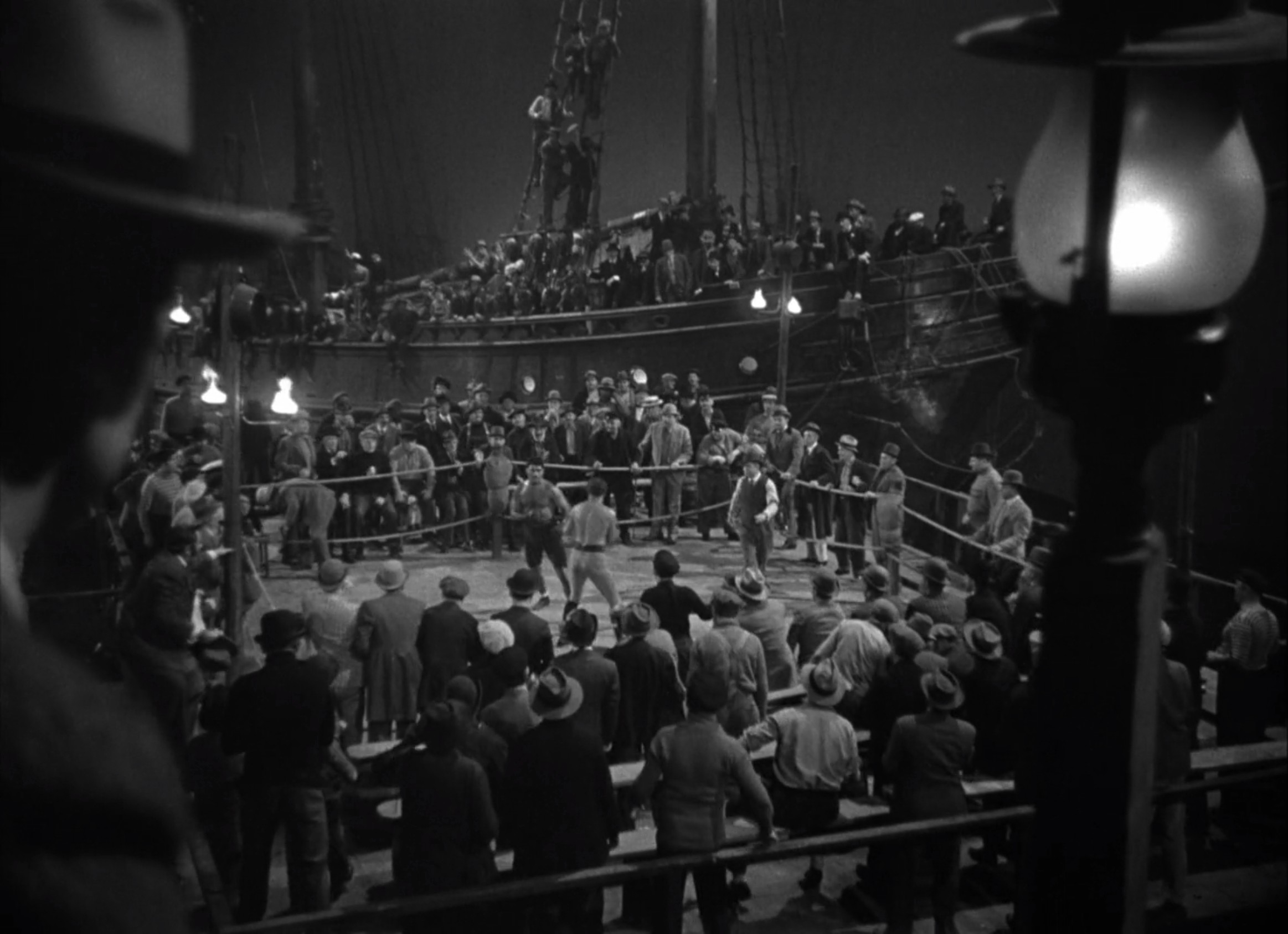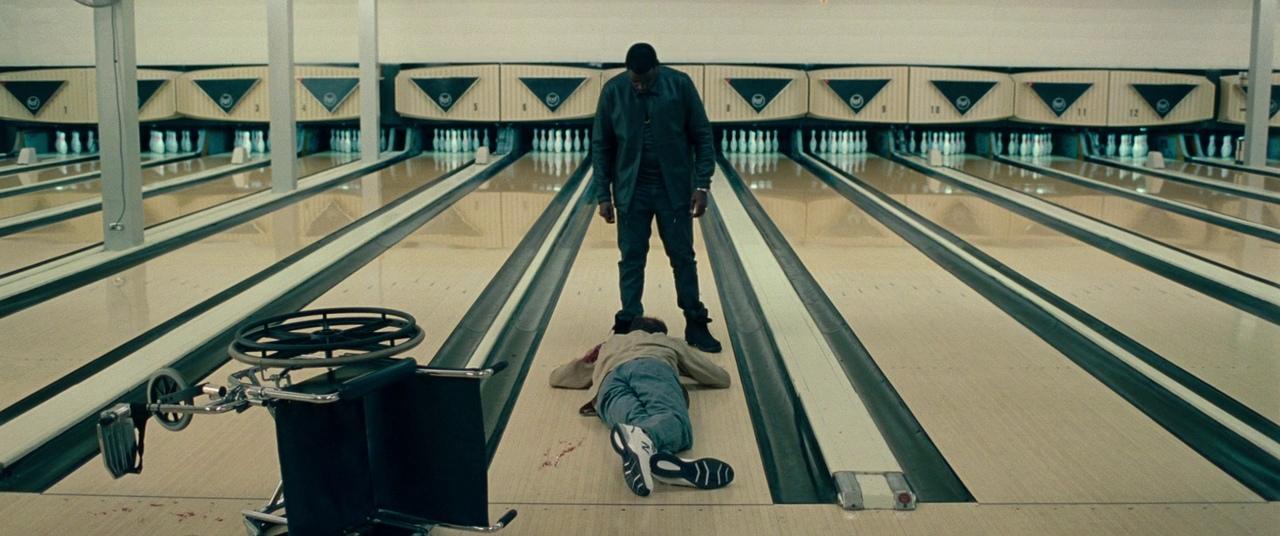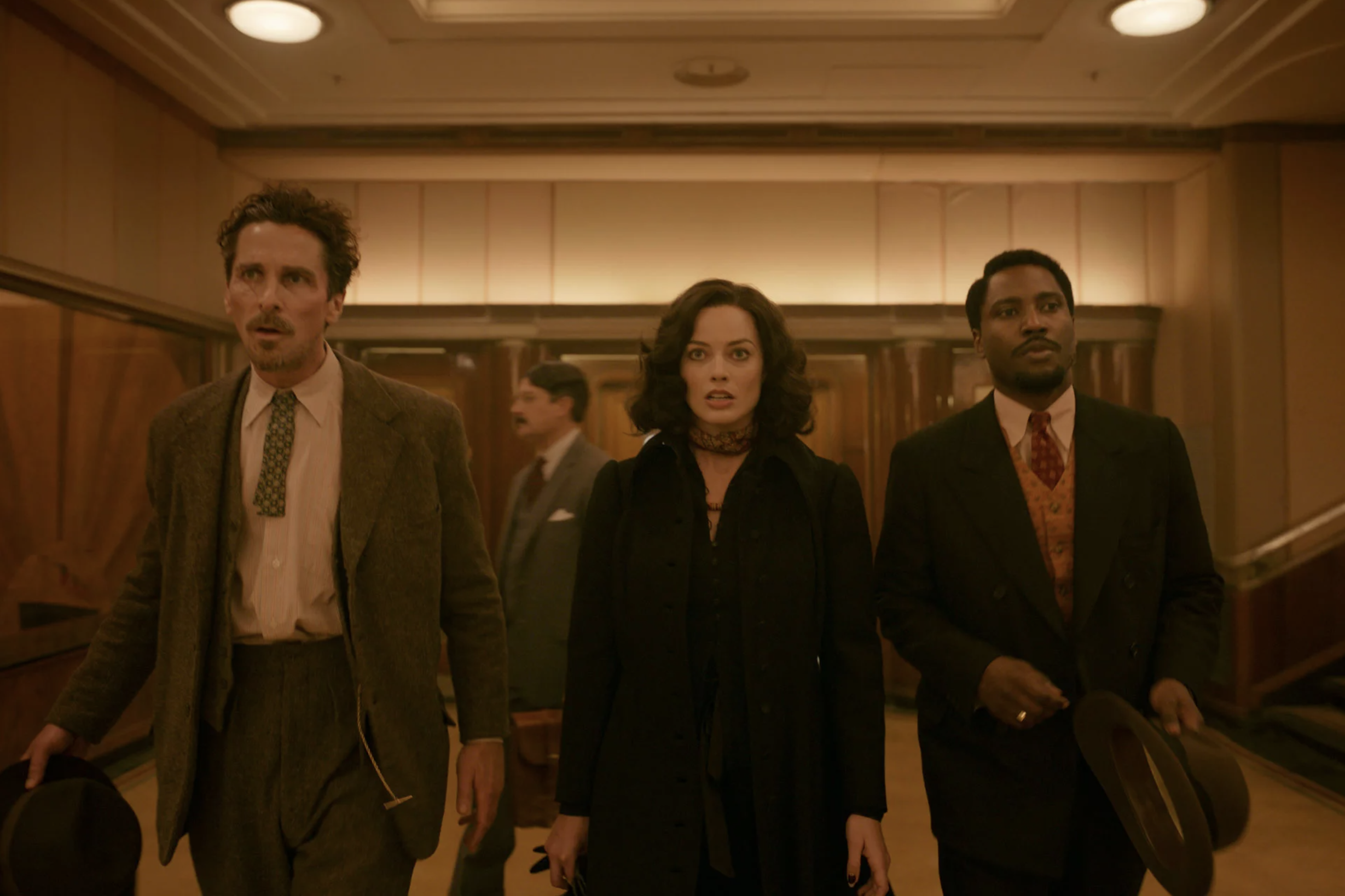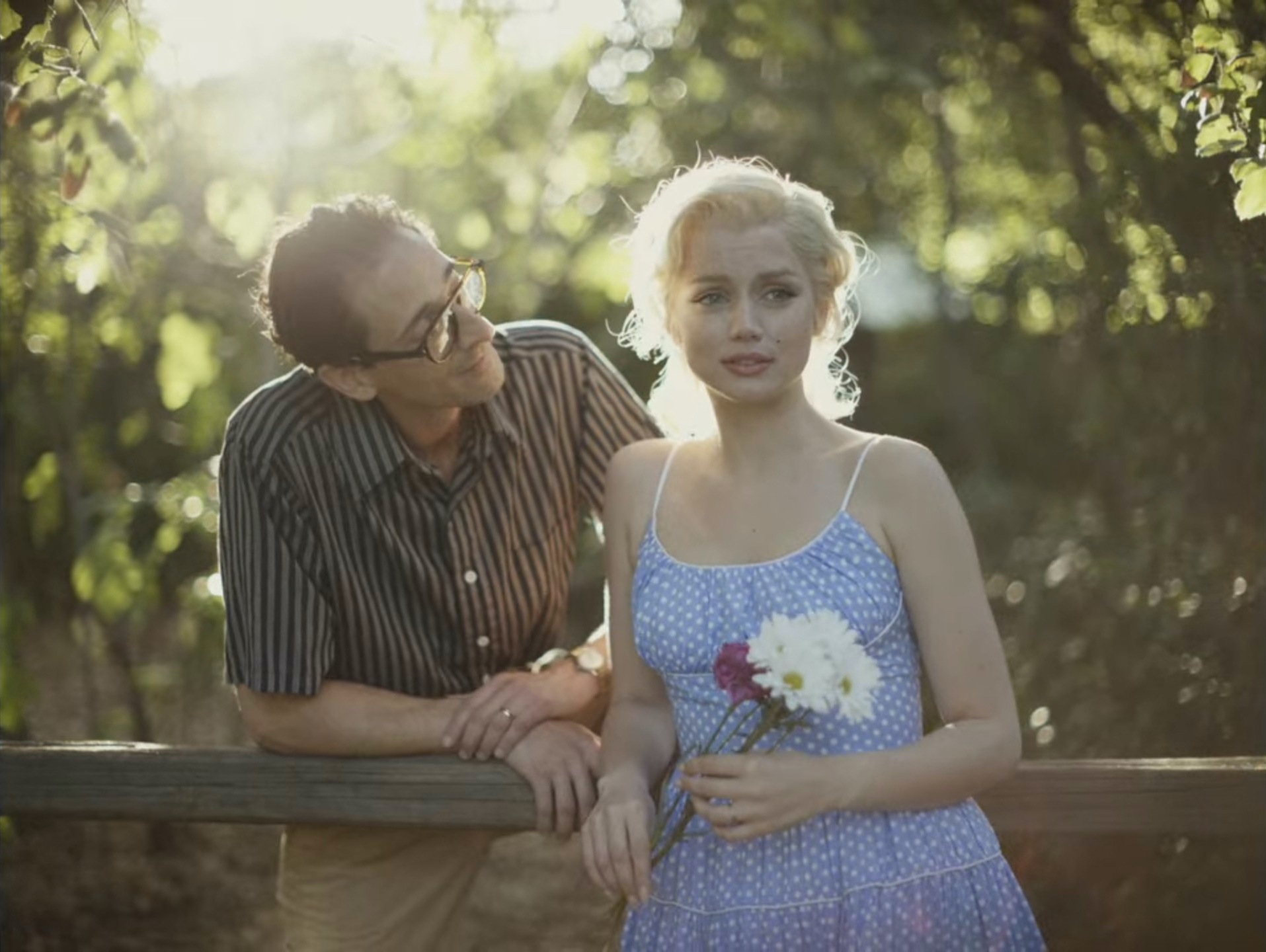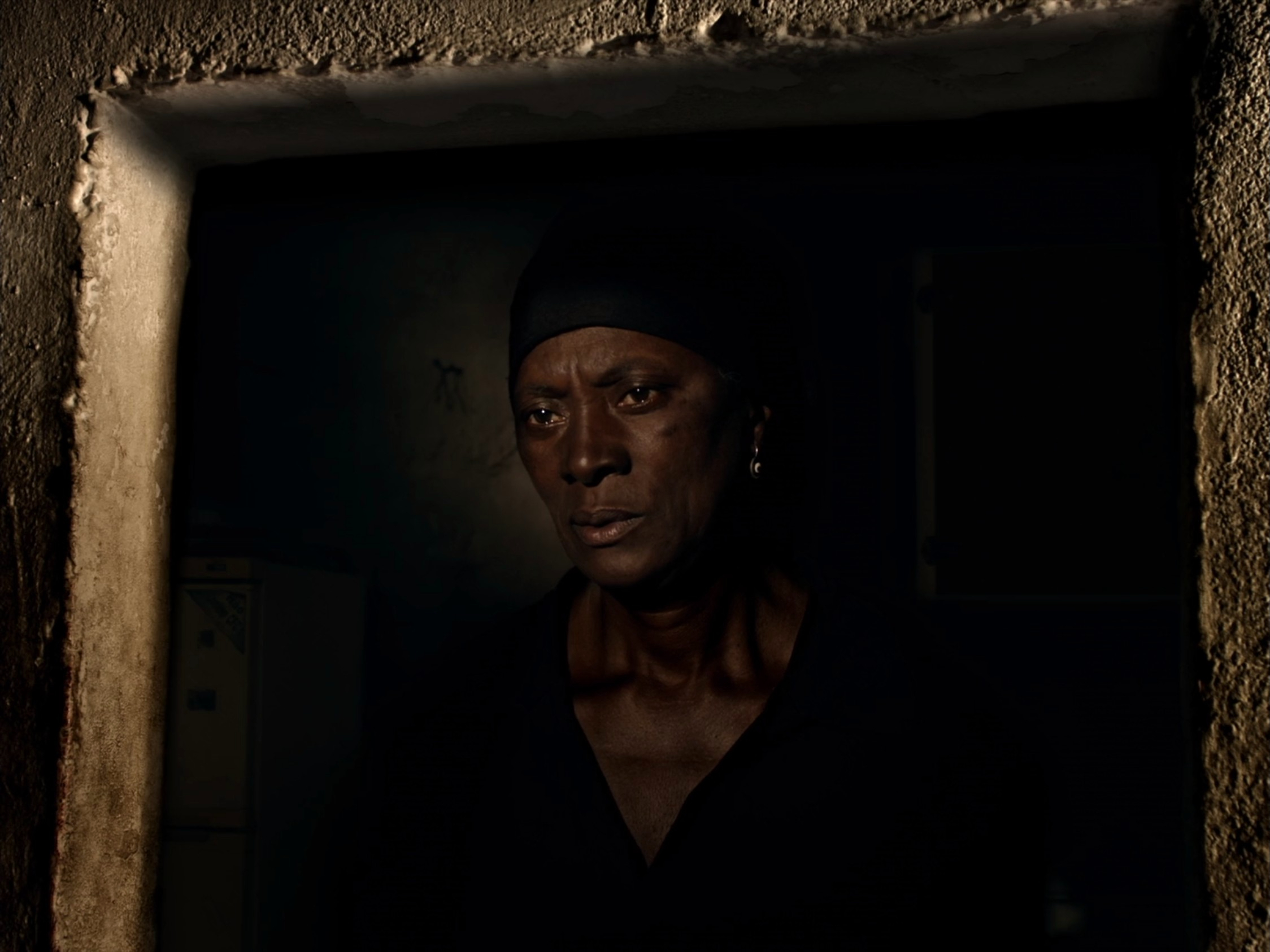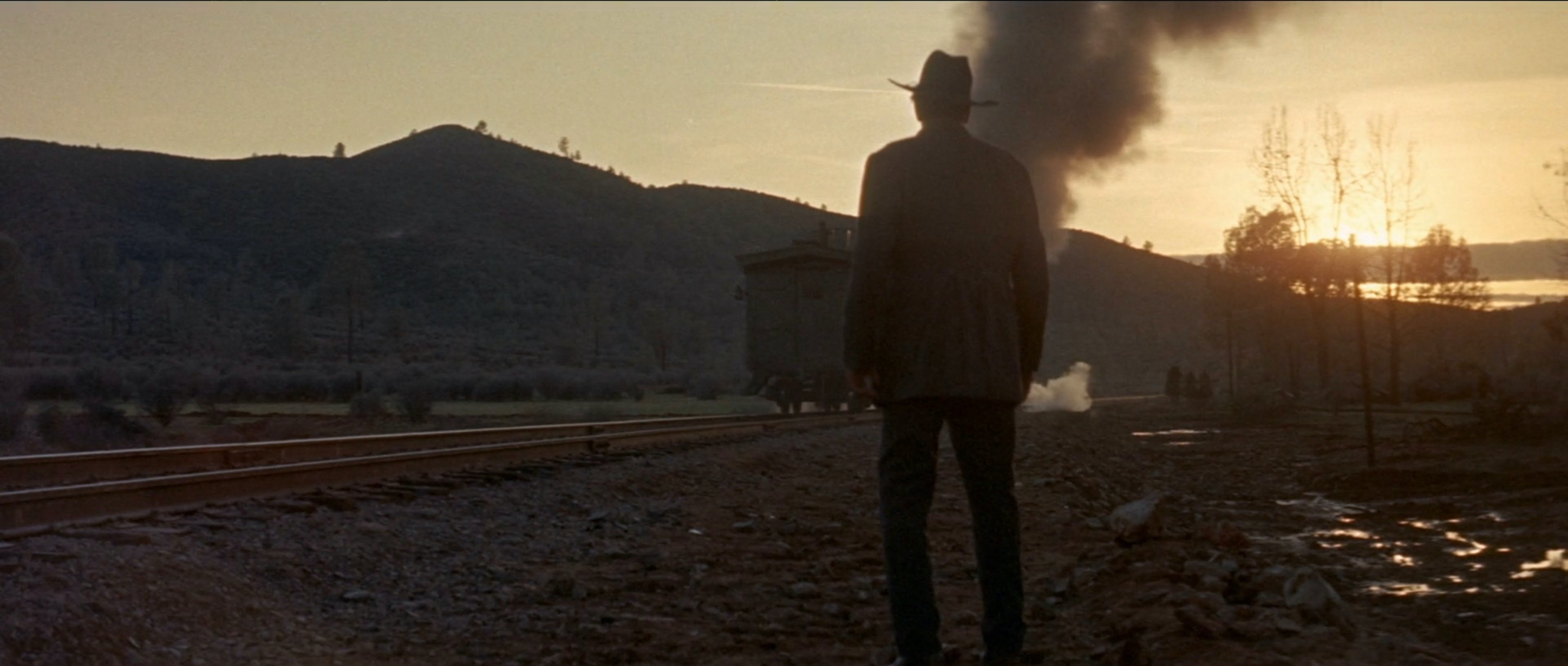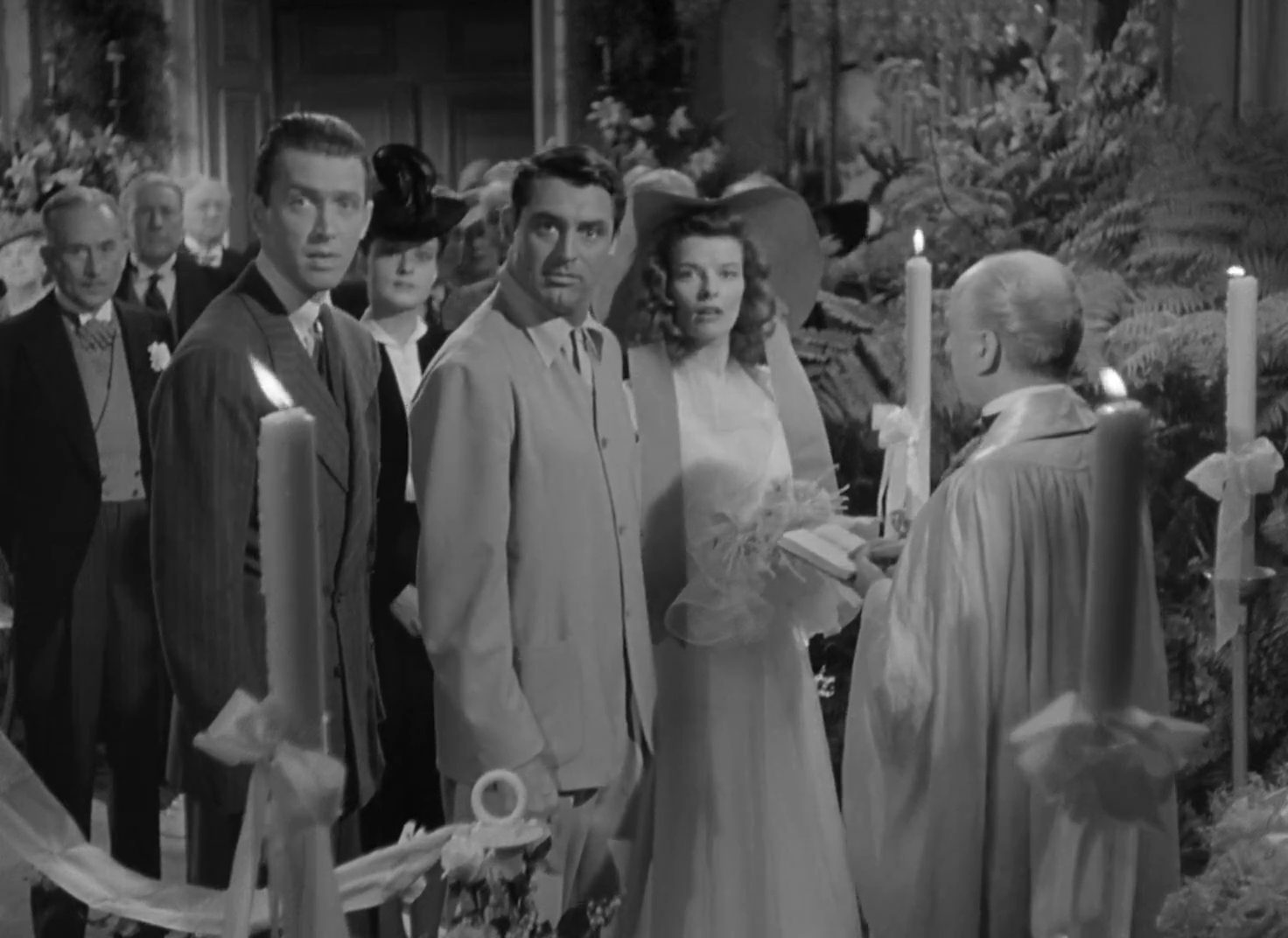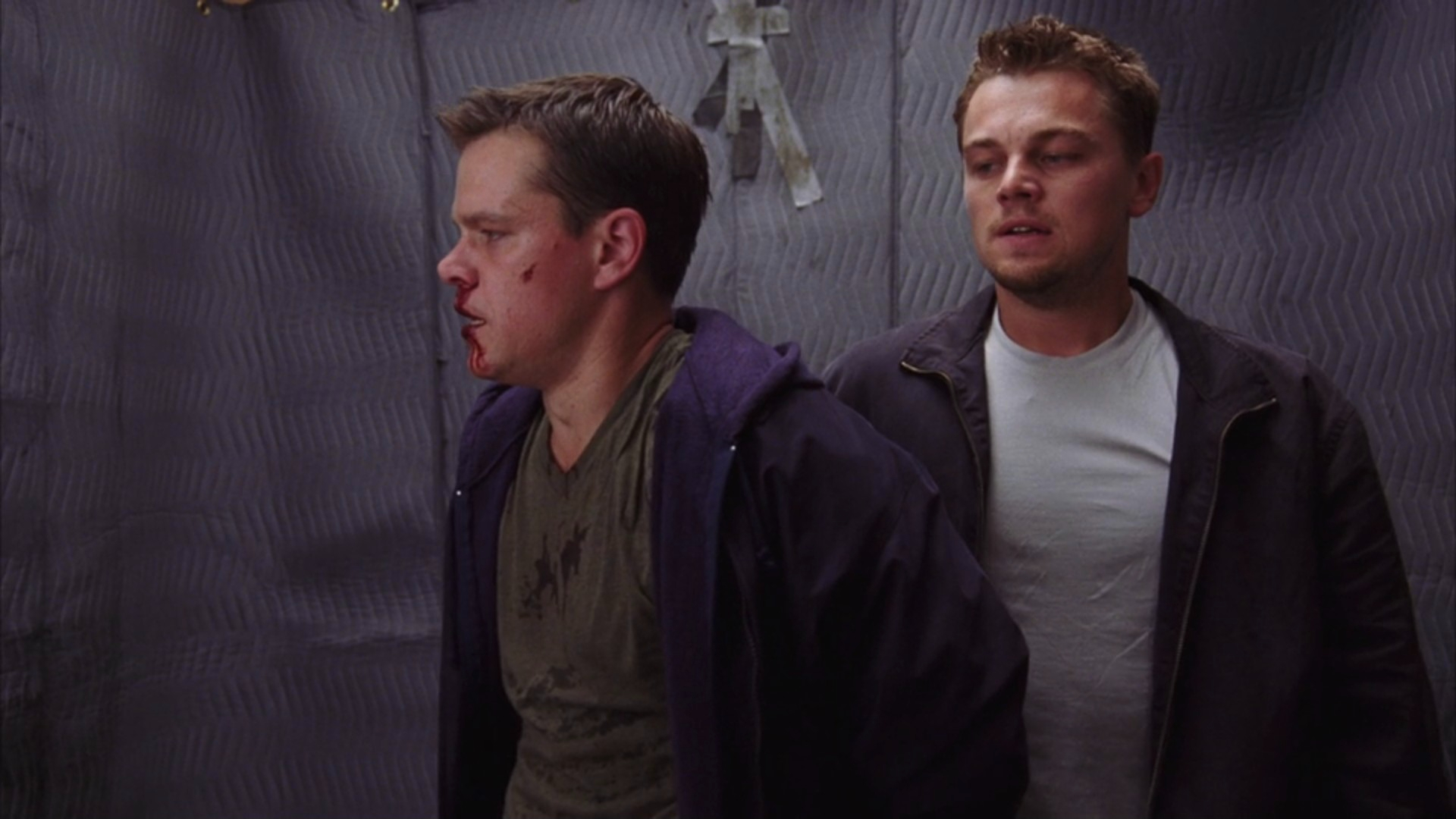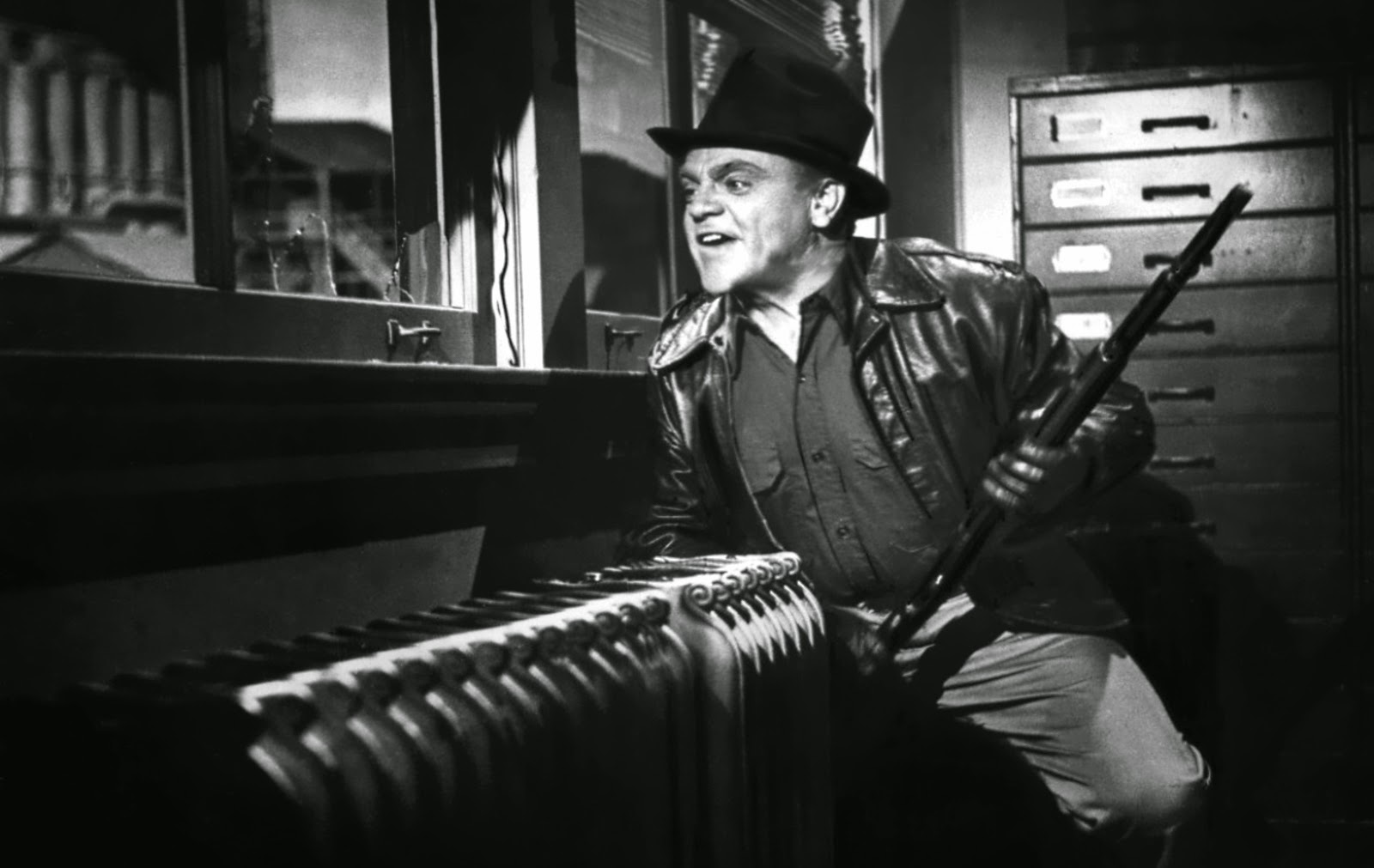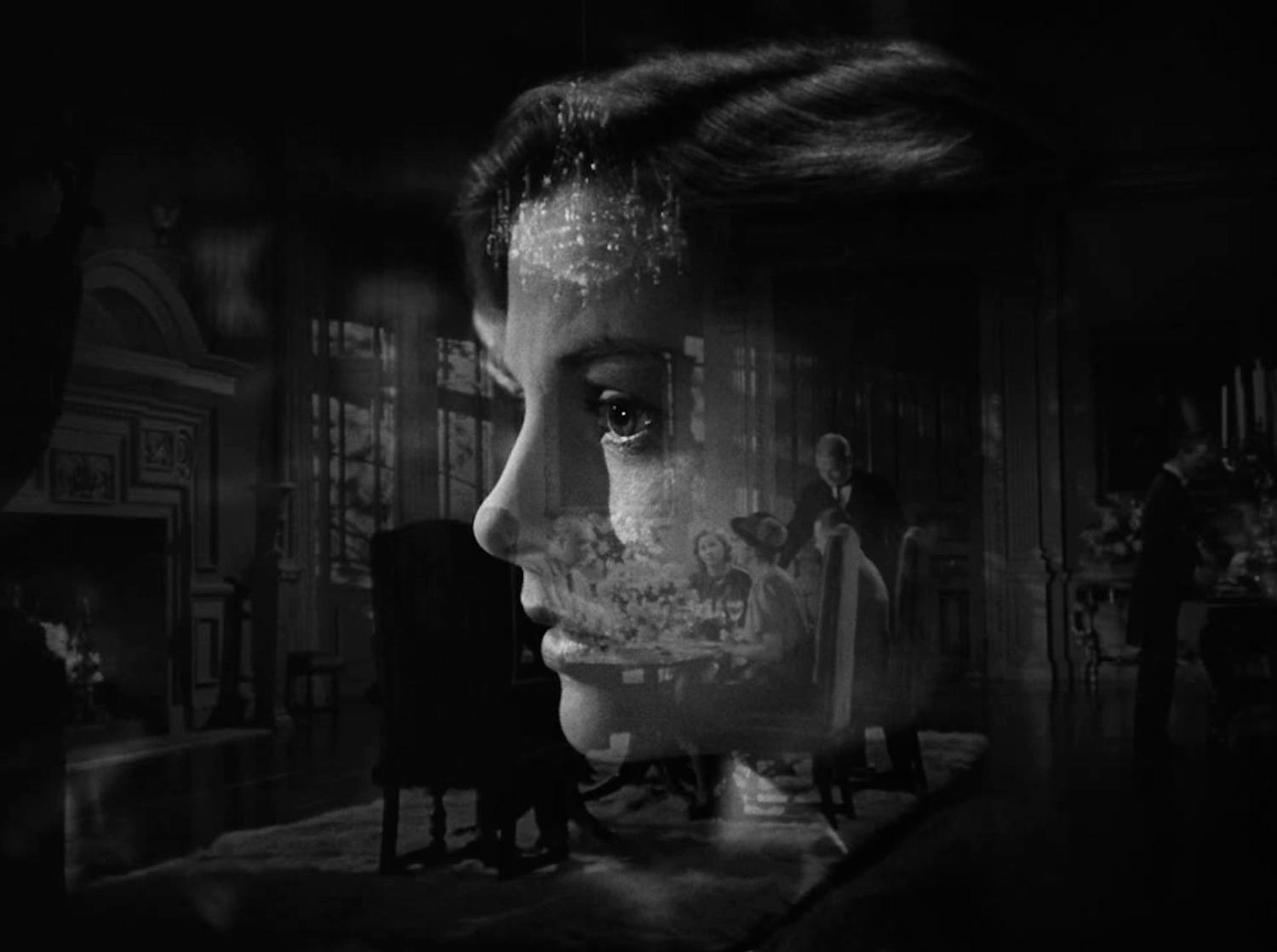Gentleman Jim (1942)
The grand long shots and rapid montage editing of Raoul Walsh’s boxing set pieces in Gentleman Jim are well matched to the agile fighting technique of its historical subject, James J. Corbett, using its action to lightly probe the brutish, primal nature of our sporting passions and the concerted efforts to reconcile those with our refined humanity.

